SUMMARY
This is AI generated summarization, which may have errors. For context, always refer to the full article.
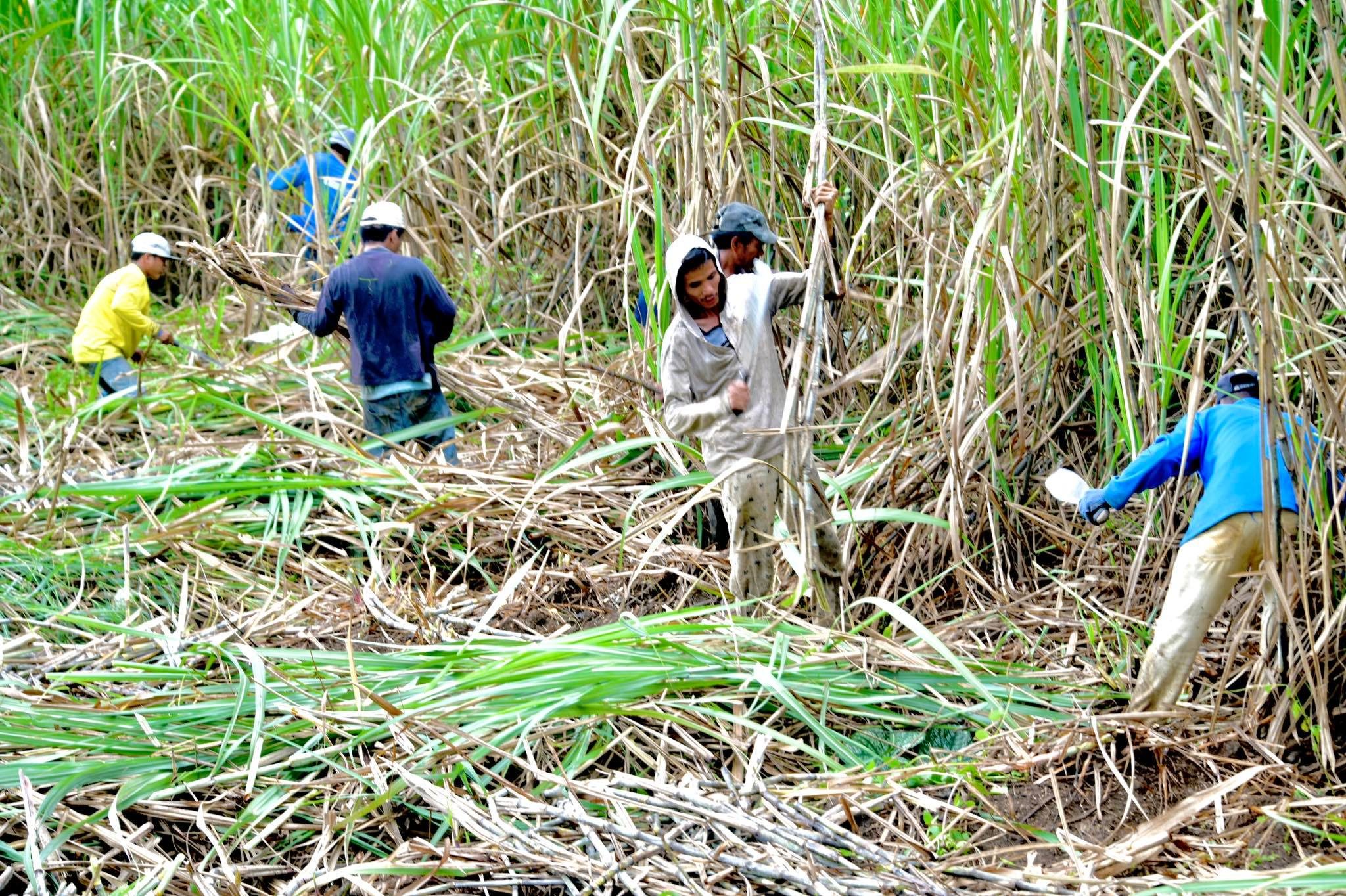
BACOLOD CITY, Philippines – President Rodrigo Duterte’s government risks mass hunger and social unrest in the country’s sugar bowl due to its inability to tame the spiraling prices of basic farm inputs, leaders of the sugar industry’s two main producer groups said on Sunday, January 30.
“Our food security shall be in great peril/danger if the farmers can not afford to apply the necessary fertilizers this cropping season due to remarkably high prices,” said Confederation of Sugar Producers Association (Confed) president Raymond Montinola.
Lack of food on the table and a growing number of hungry, angry people, he said, will affect peace and order, especially in Negros Occidental.
The province hosts 53% of the 423,333 hectares utilized by the industry nationwide. It also accounts for more than half of the P90 billion the sugar industry contributes annually to the national economy.
“The government should act with urgency to prevent a possible terrible and chaotic situation from happening, especially with the COVID-19 pandemic still with us,” Montinola said.
Manuel Lamata, president of the United Sugar Producers Federation (UNIFED) slammed the Department of Agriculture (DA) and Department of Trade and Industry (DTI) for ignoring calls to either place price caps on fertilizer or aid producers with subsidies.
Lamata and Montinola separately said the cost of fertilizer almost tripled in less than two years, from between P800 to P900 per 50-kilo (lkg) bag just a year ago to the current P,2,300 to P2,4000/lkg bag.
They also noted the P20 one-year spike in the price per liter of diesel, which the industry uses in all steps of production, from land preparation, planting, cultivation, fertilization, to harvesting, trucking and milling sugarcane crops.
“This is unacceptable and something has to be done. Worse is the inaction coming from the Sugar Regulatory Administration which should have addressed this before it reached this situation,” Lamata said.
Twin burdens
The UNIFED president said complaints about the high price of sugar are ironic “when it cannot even compensate with the high cost of all inputs we need to continue cultivating our sugar fields.”
Montinola said the twin burdens will not just depress producers’ income. It also means an upward spiral in food prices just as earnings slump.
The Confed leader said sugar, rice, corn, vegetables, banana, and pineapple crops will be most affected.
Confed suggested a focus on government to government importation of inputs to prevent profiteering. It also noted that farmers cooperatives and associations are in no position to import because of the long process of accreditation.
Higher production costs already reflect in local sugar prices.
The SRA demand and supply table shows the January 16 millsite price of raw sugar at P1,924.62 per LKg compared to P1,488.82 on the same day in 2021.
The wholesale price of raw sugar per LKg is P1,950 compared to P1,700 in 2021, a 14.71% increase.
Washed sugar now sells for P2,100/LKg from P1,800 in 2021, or a 16.67% increase.
Urgent calls
Confed and UNIFED urged the Duterte government to subsidize the price of farm inputs, coursing these from cooperatives and farmer associations and impose a price cap on fertilizer and fuel costs in agriculture.
“Excise Tax and VAT should be suspended, if not removed, on imports and sale,” Montinola said.
“Our government has always been reactive when it comes to industry problems. It is high time that we put competent people in government agencies that foresee these problems and can provide immediate solutions,” Lamata added.
With the onset of the planting season, there will be many farmers who may not be able to afford fertilizers and this will affect production in the next crop year,” Lamata said.
“Remember, the sugar industry is composed of 85% small farmers and agrarian reform beneficiaries and our worry is that, with the high price of fertilizers plus the high cost of fuel and other agricultural inputs, these small farmers may not be able to survive to see another crop year,” he added. – Rappler.com
Add a comment
How does this make you feel?
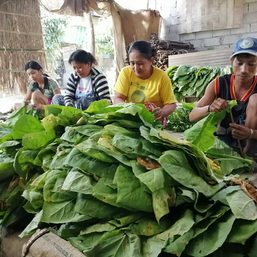
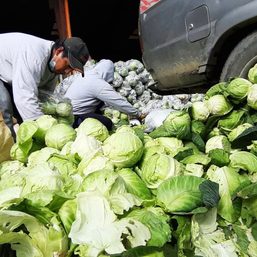
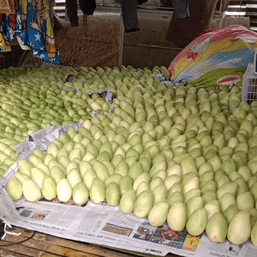
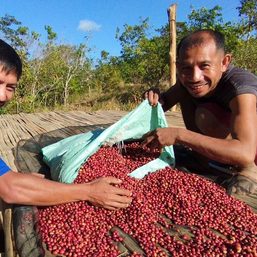
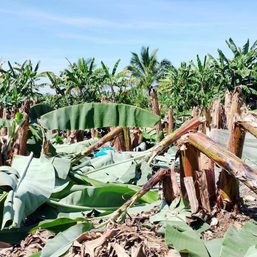

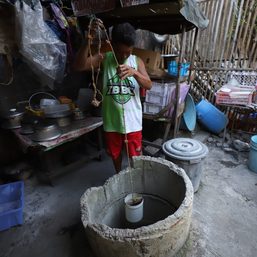
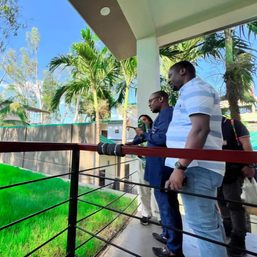


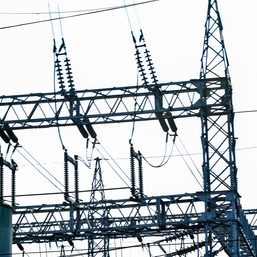


There are no comments yet. Add your comment to start the conversation.